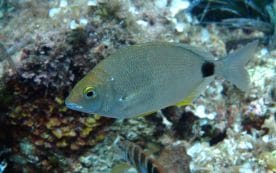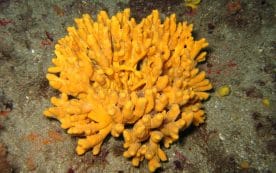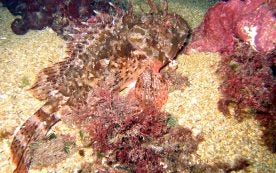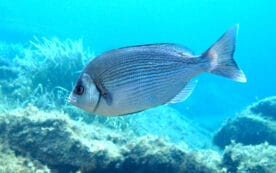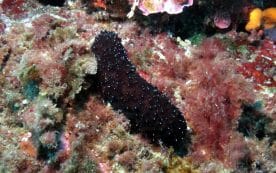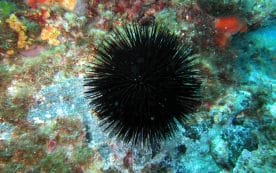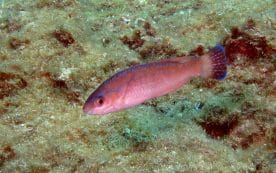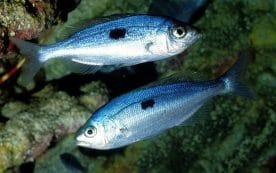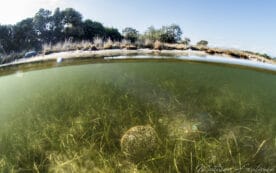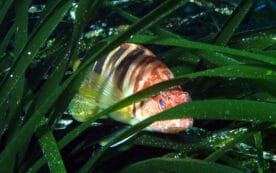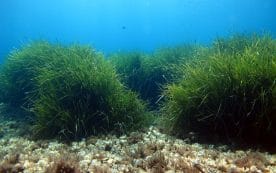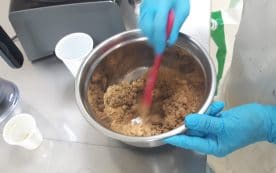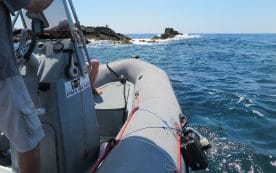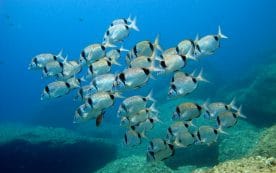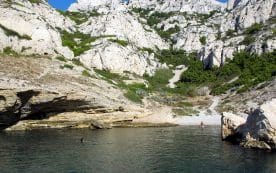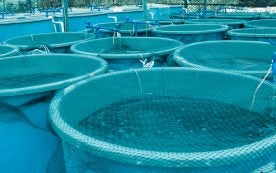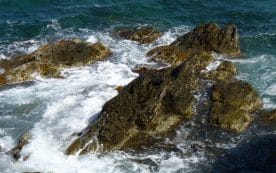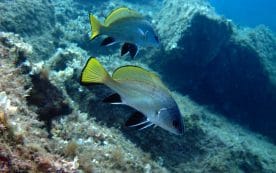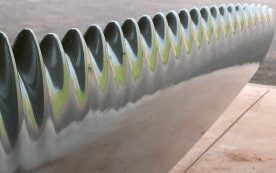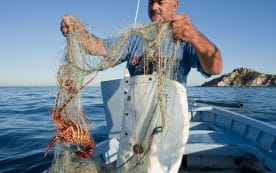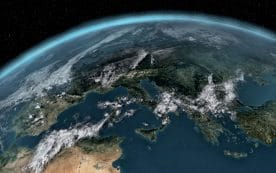
In the middle of January, the 2021 Driver Conference brought together researchers and representatives of institutions, industry and design engineering firms to take stock of ten years of ecological restoration, and to think about the actions to undertake for tomorrow. The Institute plays a role in this process of cooperation through its research programme.
What are known as the coastal shallow bottoms have for decades been impacted by human activities, urbanisation, discharges and pollution and overfishing. Yet they are of major ecological interest, in particular as concerns the shallow bays and the seagrass meadows, real nurseries, that have been especially hard hit, for example by the construction of harbours.
For ten years, scientists have been trying to find solutions to recreate the lost ecological functions, for instance by devising habitats for juveniles in the harbours by installing biohuts developed by Ecocéan. And it works ! The species are more numerous, the number of juveniles is on the increase, their survival rate is higher.
Seagrass meadows to coralligenous bottoms
A little deeper down, the seagrass meadows that provide oxygen, that are protectors of the coastline and carbon sinks, as well as nurseries, are also in the front line. With the increase in pleasure boating, they too are in decline, even if the new measures regulating boat mooring introduced in 2020 should put a halt to their destruction. Trials of transplantation of seagrass beds have been carried out, for example at Monaco with Andromède Oceanologie, or those carried out by the Institute in the Brusc lagoon (see the SAR-LAB programme).
A bit deeper still, in what is known as the infralittoral zone, many sites have been degraded, in particular by discharges from sewage outfalls. The water quality has perceptibly improved in recent years, and it is today the approach using artificial reefs that is being widely explored. Here it is not a matter of nurseries, but rather of refuge habitats in barren areas.
Extending and sharing knowledge
The aim is really to extend our knowledge, to boost the research programmes and to pool the results. For example, proper standardised protocols must be developed, fully transposable from one site to another. They will provide the means to compare the various tools efficiently, to choose what works best, for example to assess the colonisation time for the different types of reef that are proposed.
In the harbour nurseries, the way the juveniles pass into the natural population must be validated, probably by the use of transmitters fixed to the fishes, since now we have the means to tag individuals that measure barely ten centimetres.
The conclusions of the DRIVER conference firmly insisted on the need to diversify the solutions, to test them, even if it means giving up on some of them, as nature has been doing for millions of years ! Here again, we should take nature as an example and take inspiration from it.
Taking part in the ICO-Solutions initiative
This year, DRIVER has joined forces with a new initiative baptised ICO Solutions, for Islands, Coasts and Oceans (Iles, Côtes et Océans). The Rhône – Mediterranean – Corsica Water Agency, the Conservatoire du Littoral, the Aix-Marseille-Provence Metropolis Chamber of Commerce and Industry, under the high patronage of the Ministry of Ecological Transition, are jointly organising ICO Solutions to support and promote practicable solutions to tackle the major issues related to the preservation and sustainable development of islands, coasts and oceans. Several workshops and meetings will be held in the first semester of 2020 to encourage public sector organisations, companies, experts, researchers and associations to co-construct solutions. The results will be presented during the Journées des Engagements ICO (Days of Commitment) to be held at the Palais de la Bourse in Marseille in parallel with the IUCN World Congress, planned for autumn 2021.

